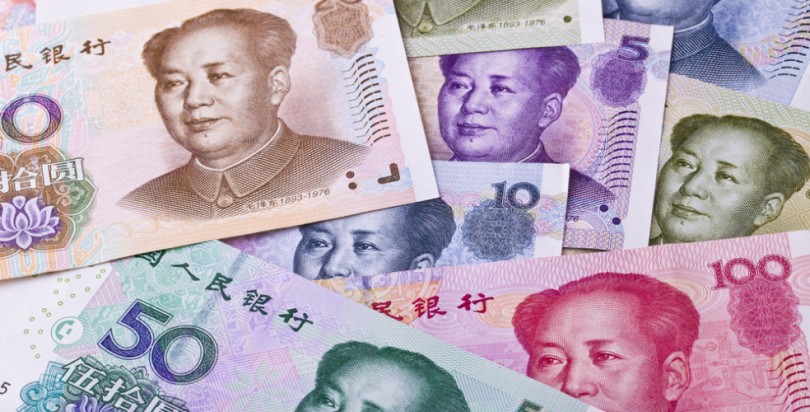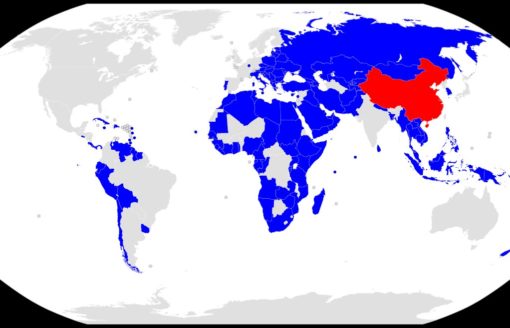Notwithstanding the insufficient financial infrastructure support in place currently, renminbi is on an uptrend with respect to its global presence. China has been utilizing Hong Kong extensively for the internationalization of renminbi. Renminbi business for individuals was launched in Hong Kong in 2004 when residents there were permitted to open renminbi deposit accounts. Ever since, various initiatives have been rolled out to further promote the use of the currency, including cross-border settlement of trade, the Shanghai-Hong Kong Stock Connect, the Shenzhen-Hong Kong Stock Connect, and the Bond Connect.
Given China’s rapidly-growing trade volume and the sheer size of it, promoting renminbi through trade settlement is a logical measure. Since it started in 2009, cross-border trade settlement in Hong Kong in the Chinese currency has surged to RMB 6,833 billion in 2015 before registering declines in the last two years due to its vigorous fluctuations against the U.S. dollar.
Meanwhile, renminbi deposits and certificates of deposit in Hong Kong follow the similar trend as cross-border trade settlement in the city, reaching a recent peak of RMB 1,158 billion in 2014 followed by a contraction in the following three years. Issuance of renminbi-denominated bonds (also known as dim sum bonds) in Hong Kong hit a recent high of RMB 381 billion in 2014 before trending down.
Hong Kong is still the global hub for offshore renminbi business. According to the recent statistics, Hong Kong accounts for 76% of all cross-border payments in renminbi, far ahead the 6% for London and 4% for Singapore.
On the other hand, cross-border investment flows from China to Hong Kong (termed as southbound) through the Shanghai-Hong Kong Stock Connect and the Shenzhen-Hong Kong Stock Connect combined recorded annual growth from 2014 through 2017 between about 1% and 7.5% to a record high of average daily turnover of HK$4,912 million in 2017.
Nonetheless, there is sign that the use of renminbi could have recovered. Based on data from the Society for Worldwide Interbank Financial Telecommunication (SWIFT), share of payments made in renminbi globally rebounded to 1.88% in April 2018, off the low of 1.56% in February 2018.





China’s Investments into Mining Take It to Canada